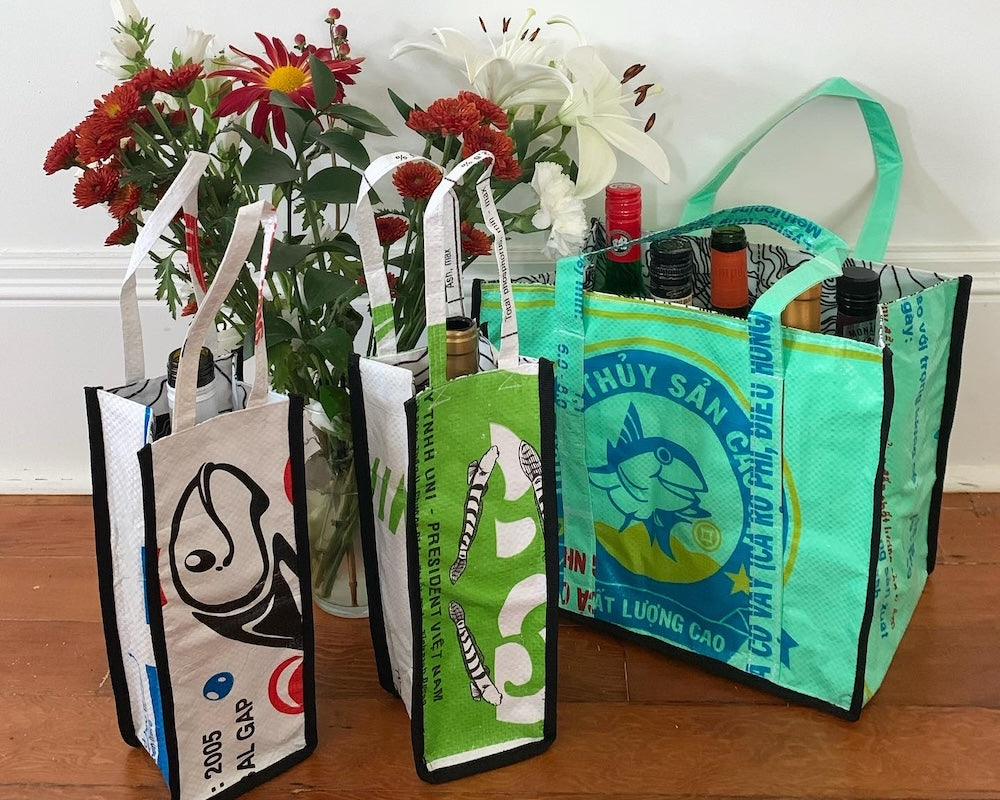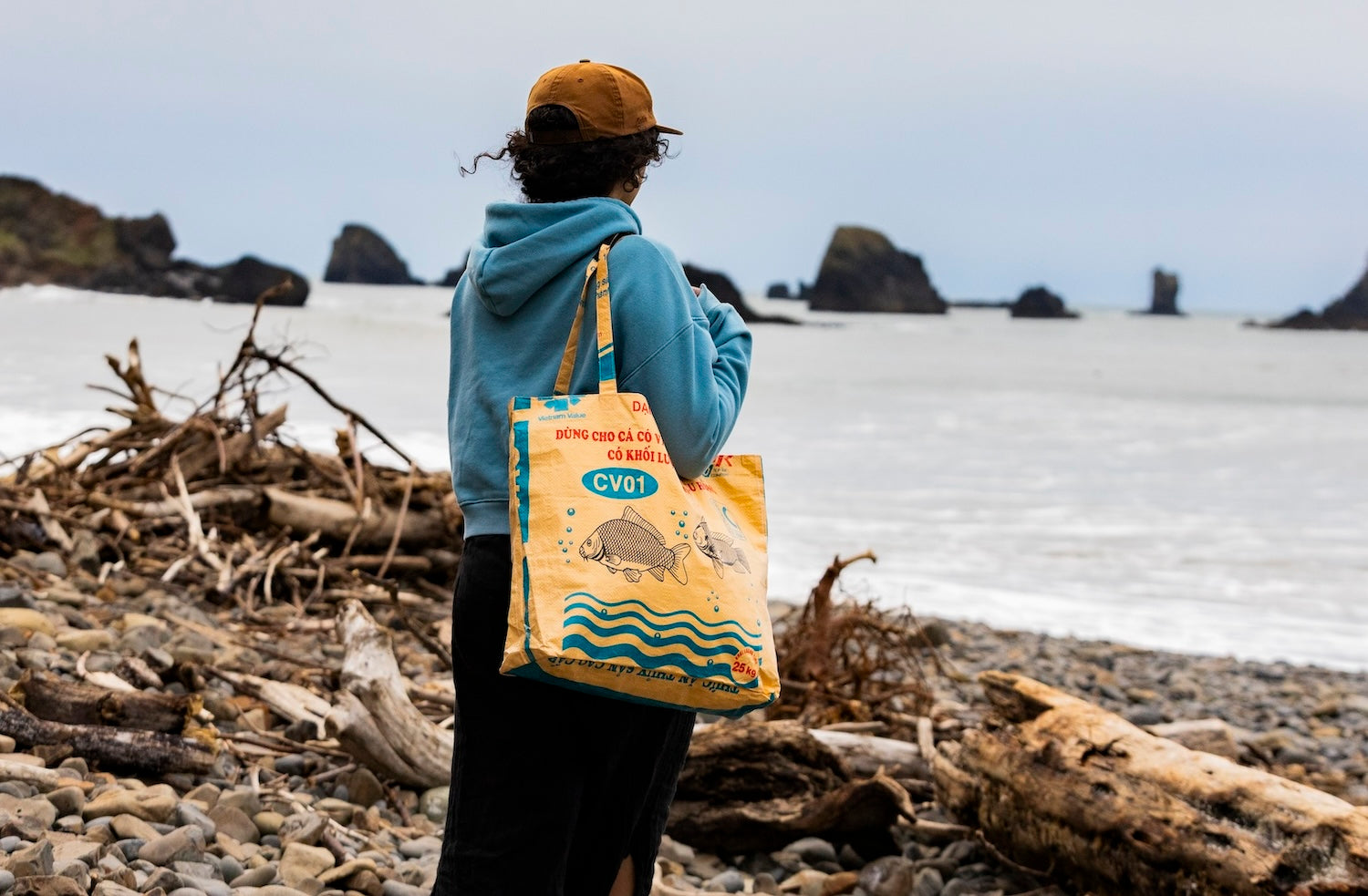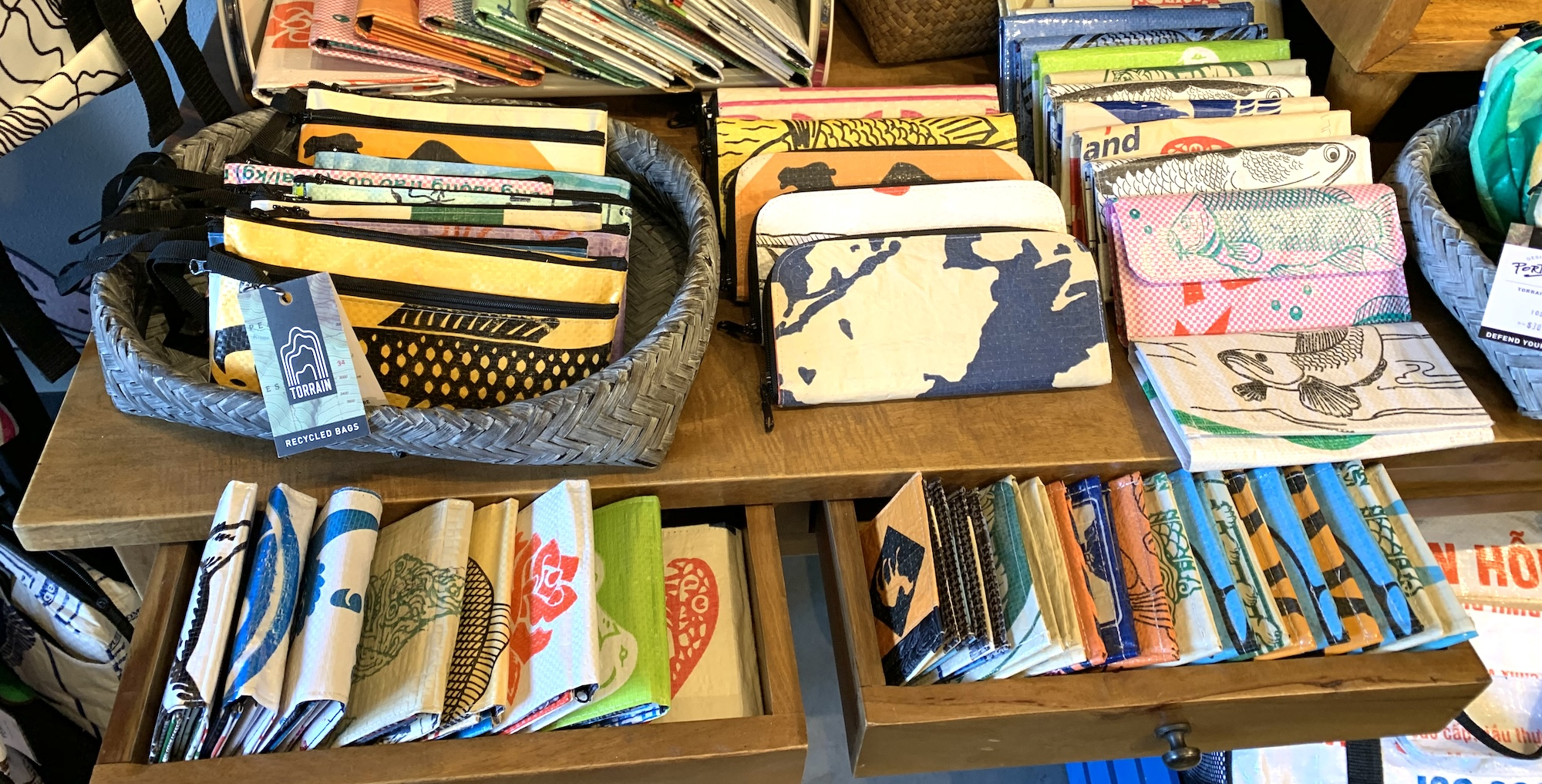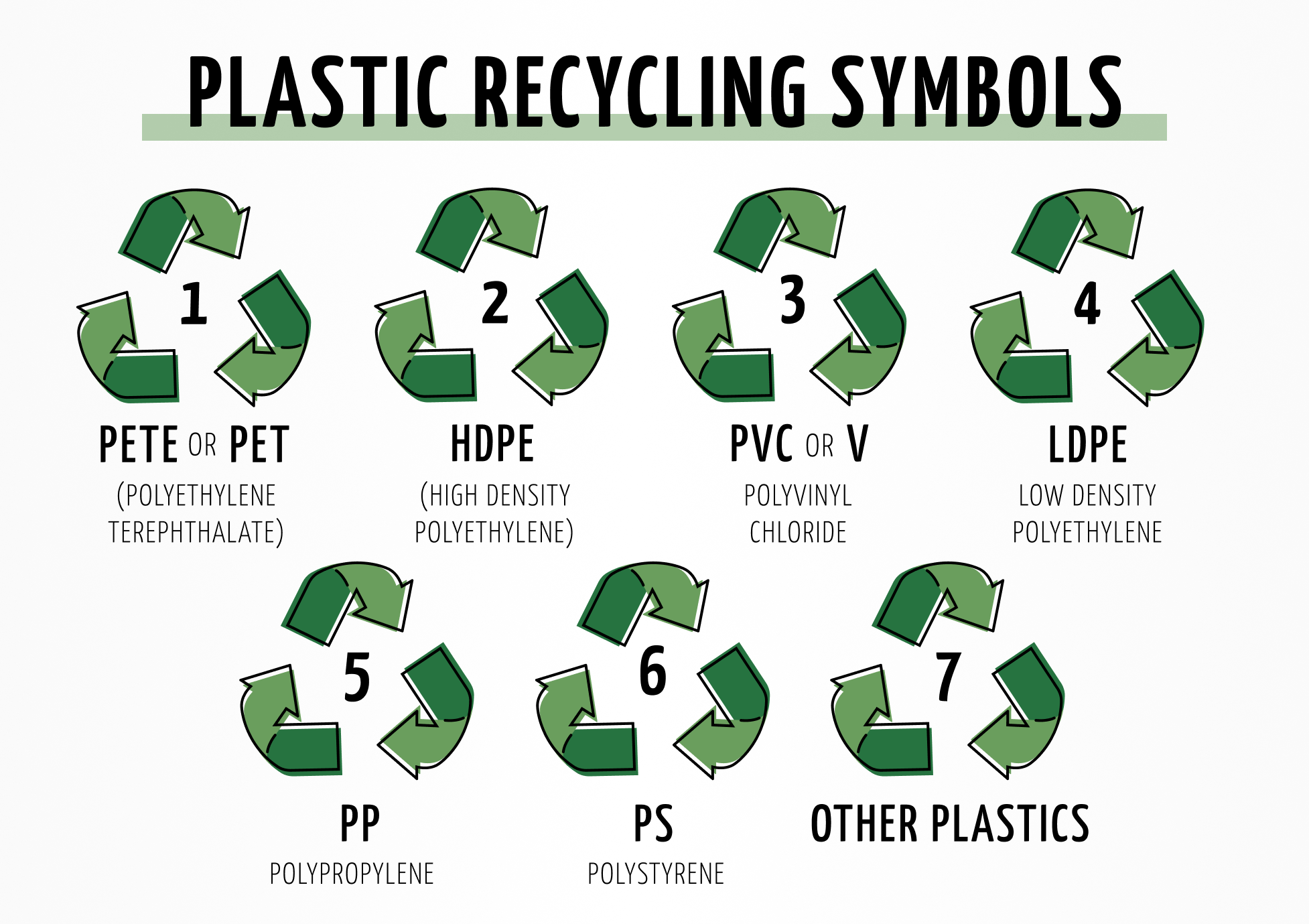'Fair Trade' has been gaining a lot of buzz lately. You’ve probably seen the term on your coffee or chocolate bar, but what does it actually mean? And why should you care?
At its core, fair trade is about creating a more equitable trading system. It’s designed to help producers in developing countries get fair prices for their goods, while also ensuring that they work under safe conditions. When you see that fair trade label, it means that the product has met certain standards aimed at supporting sustainable practices and empowering communities.
The Core Principles
- Fair Prices: Farmers and producers receive a fair price for their products. This means they can make a decent living, which is essential for their communities.
- Sustainable Practices: Fair trade encourages environmentally friendly farming and production methods. This helps protect the planet for future generations.
- Community Development: Many fair trade initiatives invest in local communities, providing resources for education, healthcare, and infrastructure.
- Empowerment: By supporting fair trade, you’re helping to empower marginalized communities, giving them a voice and the opportunity to improve their lives.
Why fair trade is crucial in our global economy:
- Economic Justice: Many farmers and artisans work incredibly hard but don’t see the benefits. Fair trade helps to level the playing field, ensuring they earn enough to support themselves and their families.
- Ethical Consumption: As consumers, we have the power to influence how products are made. Choosing fair trade items sends a message that you care about ethical sourcing and want to support businesses that do the right thing.
- Environmental Protection: Fair trade practices often emphasize sustainable agriculture, reducing the use of harmful chemicals and promoting biodiversity. This is a win-win for both the planet and the people who rely on it.
- Cultural Preservation: Supporting fair trade also means supporting traditional methods and cultural practices. Many artisans use age-old techniques that are at risk of being lost in a mass-production world.
How can you get involved?
- Shop Smart: Look for fair trade labels when you’re out shopping. From coffee to clothing, there are plenty of options.
- Spread the Word: Share what you learn about fair trade with friends and family. The more people know, the more impact we can make together.
- Support Fair Trade Organizations: Consider donating to or volunteering with organizations that advocate for fair trade practices.
In a world that often feels unfair, fair trade offers a glimmer of hope. It’s about making conscious choices that support justice, sustainability, and community empowerment. So next time you’re grabbing a snack or picking up a gift, think about buying fair trade. Your choices can help make a big difference—one product at a time!












